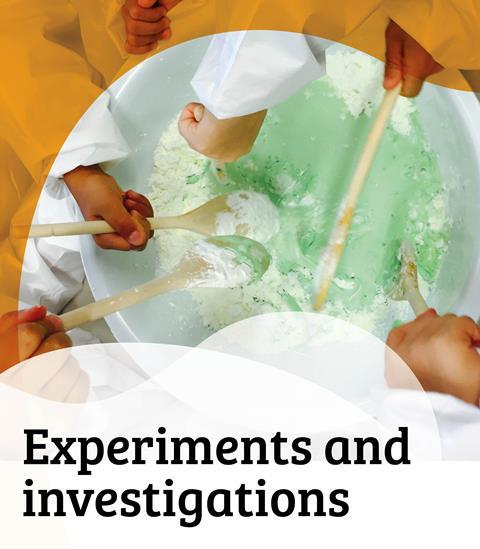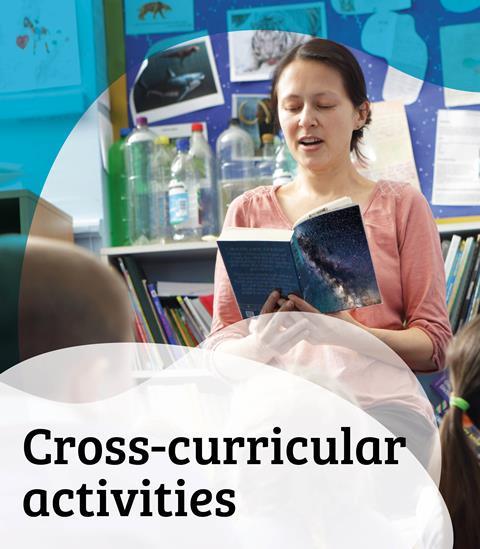An activity that allows the collection of data to test whether sports drinks make a difference to performance during short, high intensity exercise.
These resources were created for the Cambridge science festival 2013.
If you teach primary science, see the headings below to find out how to use this resource:
Skill development
Children will develop their working scientifically skills by:
- Drawing conclusions and raising further questions to be investigated, based on their data and observations of any patterns present.
- Asking their own questions about scientific phenomena.
- Selecting and planning the most appropriate ways to answer questions.
- Recording data and results using scientific diagrams and labels, classification keys, tables, scatter graphs, bar and line graphs.
Learning outcomes
Children will:
- Recognise the impact of diet, exercise, drugs and lifestyle on the way their bodies function.
Concepts supported
Children will learn:
- That supplements and drugs can have effects on bodily functions.
Suggested activity use
This activity could be used as a whole-class investigation, with children working in small groups. You could have all groups carrying out the star jump test and collate their findings, using this as an opportunity to talk about the importance of repeating an experiment as a way of verifying results.
Alternatively, the children could work in groups and test different exercises to see if the ’sports drink’ has a greater impact on one sport than another.
Practical considerations
The ’sports drink’ may need to be prepared by the teacher prior to the lesson.
In order for children to ’test’ the drink, parental permission, along with information on children’s allergies, may be needed prior to carrying out the experiment.
Downloads
Speedy star jumps: Handout
Handout | PDF, Size 0.15 mbSpeedy star jumps: Briefing document
PDF, Size 54.22 kbSpeedy star jumps: Leaderboard
PDF, Size 0.1 mb












No comments yet